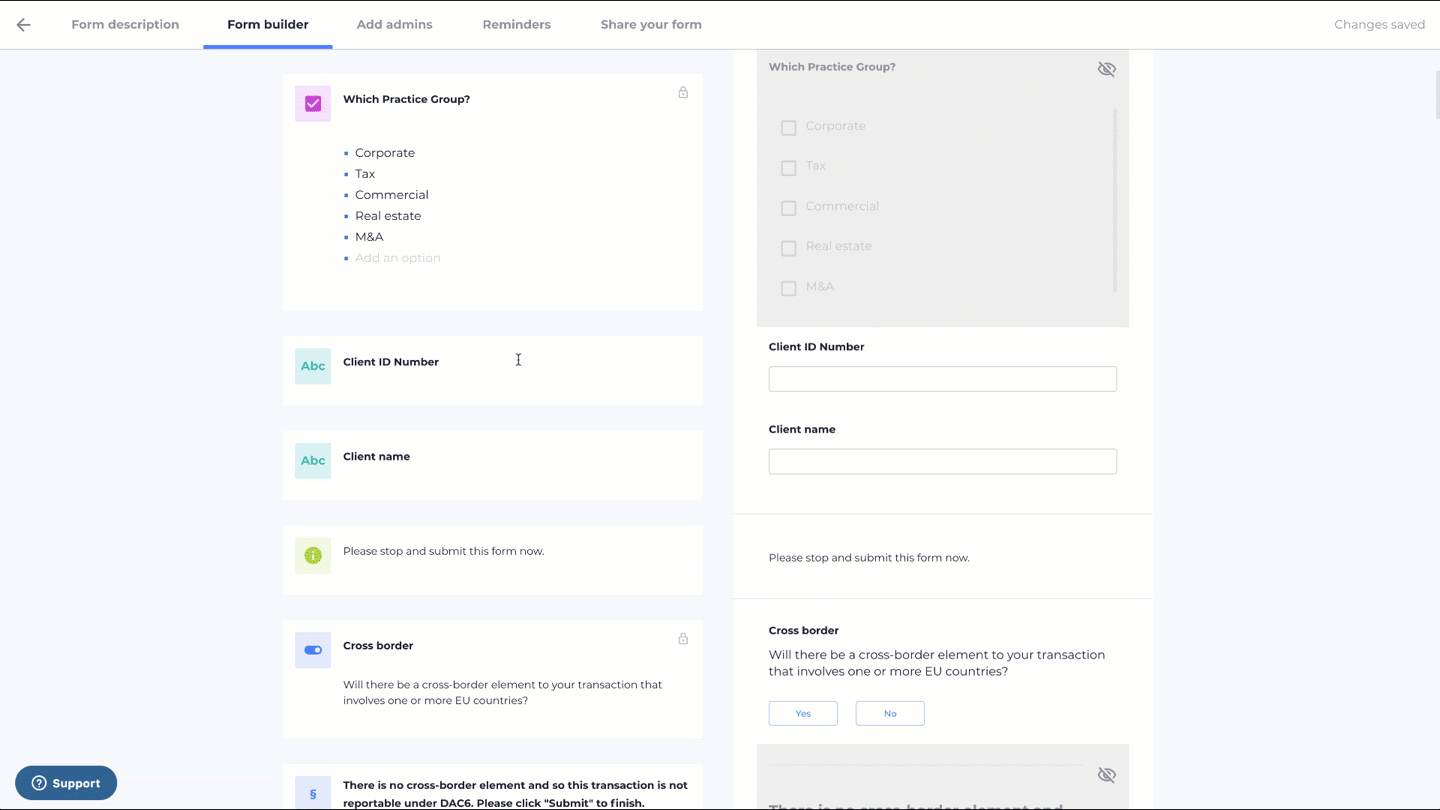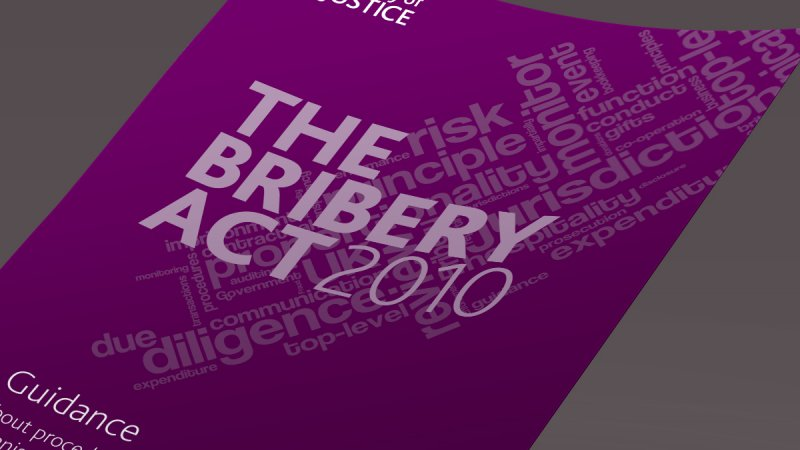A record number of anti-money laundering (AML) fines were issued worldwide in 2019. US regulators and authorities took the lead, handing out fines totalling over £6.2bn – twice as many fines as UK regulators.
This shows that the global impact of money laundering is showing no signs of abating. Regulators are continuing to crack down against illegally obtained wealth, including businesses that fail to prevent money laundering. For global businesses, preventing money laundering makes good sense and is vital for securing the future of a business. Non-compliance with anti-money laundering (AML) laws can result in heavy financial penalties and loss of reputation – two factors which can threaten the stability of global businesses.
While enhanced customer due diligence and internal procedures and monitoring are important, it is equally important to raise awareness on the pitfalls of money laundering within your workforce. Providing relevant AML training to employees is your first line of defence and ensures your staff are well prepared to spot and deal with any money laundering threats that come their way.
Our new eLearning course focuses on raising awareness on anti-money laundering (AML) legislation and its impact on organisations and their employees. The course is designed keeping global businesses in mind, covering general legal requirements for anti-money laundering on a global level, with a focus on the key roles and responsibilities that help organisations to comply.
Delivered in an immersive and engaging format, this online training course is divided into five modules covering legislation, responsibility, and policy, the definition of money laundering, signs of unusual activity and how to report unusual activity. The course can be taken all at once for a holistic, detailed introduction to AML, or learners can take and revisit separate modules to suit their schedule and preferred learning style.
Find out more about our new course HERE.
The Global Anti-Money Laundering eLearning course joins our suite of Anti-Money Laundering (AML) Training.















